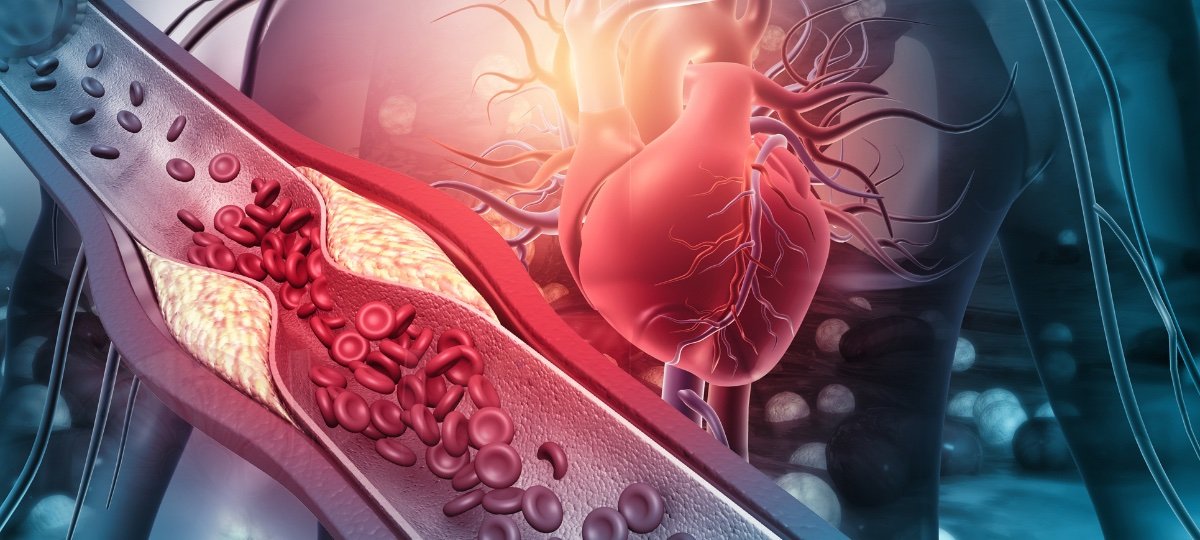The Importance of Regular Dental Checkups
Regular dental checkups are an effective way to maintain oral health, according to the American Dental Association; visiting your dentist at least twice a year can help identify potential issues early, prevent severe problems from developing, and ensure your teeth and gums stay healthy. Regular checkups provide professional cleaning, which is essential for removing tartar buildup that isn’t quickly addressed by regular brushing and flossing. In addition to preventing dental problems, routine visits also allow for early oral cancer screenings and the detection of systemic issues that manifest in the mouth. If you have government dental insurance, these appointments are often covered, making staying on top of your oral health easier without worrying about the cost. These routine visits safeguard your dental health and give you peace of mind. Your dentist can recommend less invasive and more effective treatments, ultimately saving you from future discomfort and higher dental expenses.
Daily Dental Hygiene: What You Need to Know
Maintaining good dental hygiene daily is crucial to preventing cavities and gum disease. Antimicrobial mouthwash should be incorporated to help reduce bacterial load, plaque, and bad breath. Consistency in daily dental hygiene contributes to a brighter smile and supports oral health by reducing the risk of periodontal diseases. Incorporating healthy habits like brushing your tongue can significantly reduce bacteria that cause bad breath and more severe oral health problems. By dedicating just a few minutes each day to proper dental care, you can save yourself from more significant health issues down the line.
The Role of Diet in Dental Health
Foods high in sugar and acid can create an environment that promotes tooth decay and erosion. It is because sugars feed harmful bacteria in the mouth, producing acids that weaken tooth enamel. To combat this, eating foods rich in calcium and phosphorous, such as dairy products, nuts, and leafy greens, is essential, as it helps maintain strong teeth. Drinking plenty of water is also vital, as it helps wash away food particles and bacteria, reduces acid in the mouth, and keeps the gums hydrated. A well-balanced diet contributes to better dental health and impacts your overall well-being. For example, omega-3 fatty acids in fish like salmon have anti-inflammatory properties that benefit your gums. Limiting snacks and sugary beverages can also support your oral health. By making smarter food choices, you can promote not only a healthier mouth but also a healthier body.
Why Dental Insurance Matters
Comprehensive dental insurance ensures that finances don’t hinder receiving necessary care. When considering government dental insurance, evaluating the coverage options, the network of dentists available, and the out-of-pocket costs are essential. In addition to these considerations, assessing specific procedures and any annual maximum benefits is equally crucial. Good dental insurance provides peace of mind, knowing you can maintain regular dental visits and promptly address any issues. Having coverage encourages more consistent care, which can prevent severe dental problems and higher costs in the long run. Moreover, dental insurance plans often offer additional benefits like discounted fees for specific procedures.
Common Dental Issues and How to Handle Them
Despite taking the best precautions, dental problems may still arise. The most frequently encountered issues are cavities, gum disease, and tooth sensitivity. Tooth decay causes cavities when acids from mouth bacteria wear down the enamel. Neglecting to treat cavities can lead to more severe dental infections and even tooth loss. On the other hand, gum disease is when the gums become inflamed and can damage the bone that supports the teeth. If not taken care of, it can lead to losing teeth and has been connected to additional health problems.
If you experience any of these issues, it is essential to consult your dentist promptly. Treatments can range from simple fillings for cavities to more complex procedures like scaling and root planing for gum disease or desensitizing treatments and special toothpaste for tooth sensitivity. Frequent appointments with the dentist are crucial for early detection and treatment of common dental problems. Keeping a line of communication open with your dentist guarantees you get the most suitable care for your specific needs, leading to a healthy, pain-free mouth.
Educational Resources and Professional Advice
Staying informed about dental health is more accessible today thanks to numerous resources available online and through professional advice. Websites offer a wealth of information on dental care practices, current research, and treatment options. Additionally, your dental provider can offer personalized advice based on your specific needs and circumstances, guiding you in making informed decisions about your care. Leveraging online resources and professional guidance ensures a holistic approach to optimal dental health. Educating on the latest dental health trends and practices empowers you to take proactive steps to keep your smile healthy and bright. Combining professional advice with reliable online resources creates a well-rounded approach to dental care that can significantly benefit your long-term oral health.
Conclusion: Taking Charge of Your Dental Health
The condition of your dental health significantly impacts your overall well-being. To keep your teeth healthy, have regular checkups, follow good daily hygiene habits, eat a balanced diet, and have appropriate insurance coverage. Addressing issues promptly and staying educated on dental health will go a long way in keeping your smile bright and strong. Invest in your oral hygiene routine, consult your dentist regularly, and use educational resources to stay informed and proactive about your dental health. As you integrate these strategies into your daily life, you’ll not only foster better dental health but also enhance your overall quality of life.




